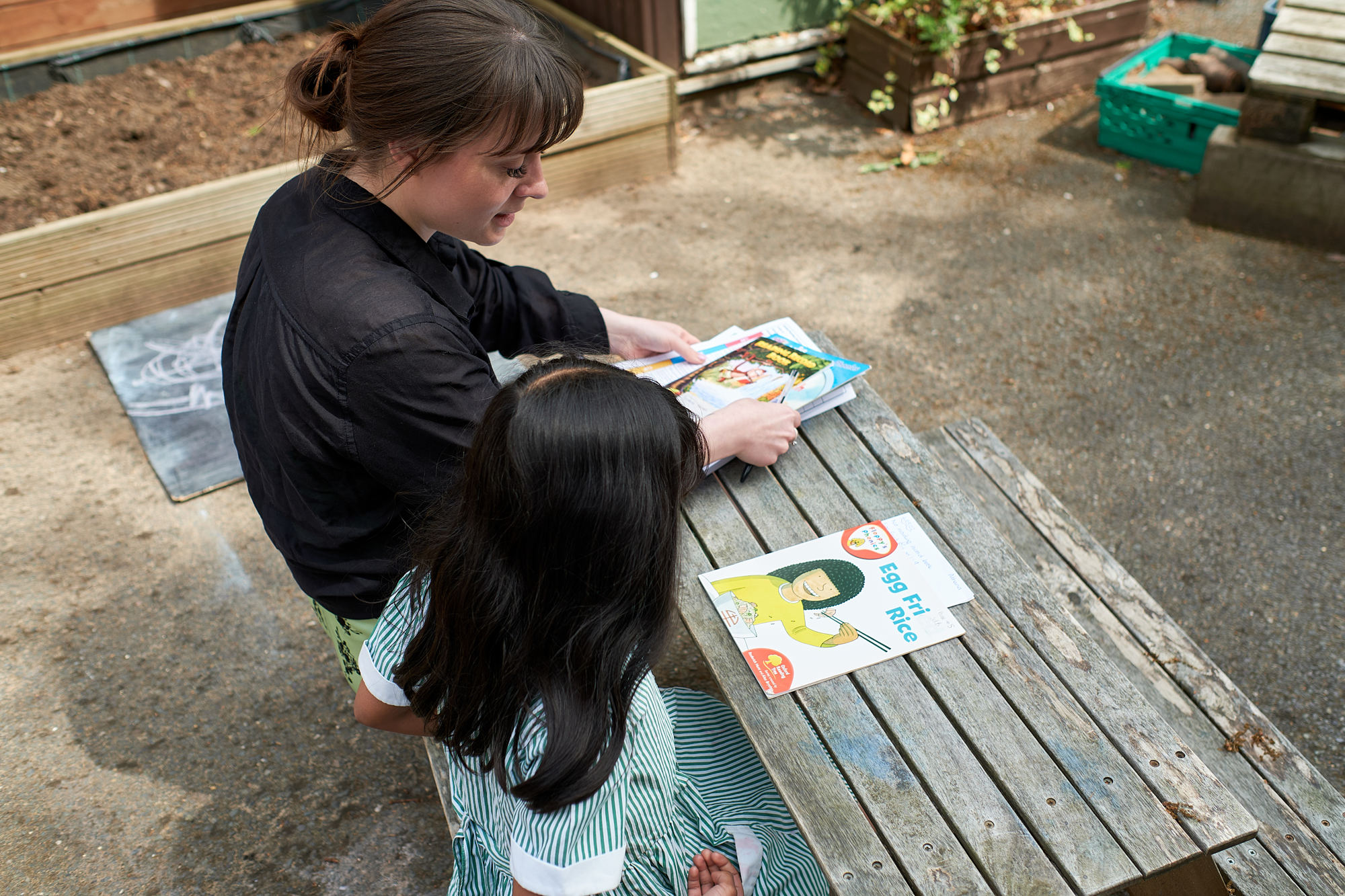Safeguarding Young People and Adults at Risk - Guidance for Employers
As an employer, you have a duty to protect the apprentices in your care. You are often the first to notice changes in their behaviour, before their friends or even their parents. You also play a vital role in helping them build resilience against harm and prepare for life after apprenticeship.
Below is some guidance on what is safeguarding and Prevent is, what are your responsibilities and how to report any concerns.
What is Safeguarding and Prevent?
Safeguarding is...
- Protecting young people and adults at risk from abuse or harm
- Preventing impairment of health and development
- Promoting a safe environment and lifestyle
Safeguarding is about recognising and referring concerns about abuse or deliberate harm. It is also about the effective management of a range of issues, such as: Health and Safety - Discrimination - Site security - Educational visits - Supporting medical needs - Work placements, Bullying and harassment, including sexual harassment - Drug and substance misuse - Internet safety - Safer staff recruitment - Violent or threatening behaviour - Peer on peer abuse - Prevent
Prevent is an element of CONTEST, the Government’s Counter Terrorism and Security Strategies. Our Prevent duty is to safeguard learners from being drawn into terrorism and acts of violence. If you notice changes in language, behaviour or attitudes shown by a learner, please contact the College's Safeguarding Team (details below)
Since July 2015, all FE Institutions, including Apprenticeship providers, have a legal responsibility to have due regard to the need to prevent people from being drawn into terrorism. This is known as the ‘Prevent Duty’. Further information on your obligations under the ‘Prevent Duty’ can be found here.
If..
- You suspect a young people or adult at risk, is at risk
- A young people or adult at risk discloses abuse
- You suspect a learner is involved in extremist behaviour
You Must...
- Contact a member of the dedicated Safeguarding Team immediately by emailing safeguarding@boston.ac.uk
- Not discuss the matter openly
- Not promise confidentiality
- Reassure the young people or adult at risk
If you receive an allegation about a member of Boston College staff, please contact the Designated Safeguarding Lead, Abid Hussain on 07775028062
Key Contacts
If you have a safeguarding concern, please email, safeguarding@boston.ac.uk
Designated Safeguarding Lead - Abid Hussain, 07775028062
Out of College hours
Children’s Social Care (Day) - 01522 782111
Adult Social Care (Day) - 01522 782155
Adult and Children’s Social Care (Out of Hours) - 01522 782333
In an emergency dial 999 and ask for the Police
To report terrorist activity call 99 or the Anti-Terrorist Hotline 0800 789321
The Lincolnshire Safeguarding Children Partnership website has lots of useful information and up-to-date guidance on safeguarding procedures.
Principles for Work Experience Placement Providers
1. Supervision - Good supervision is an effective way of enabling the placement to be successful and reduce the risk of problems arising. Those placed immediately in charge of a young person should be confident in dealing with young people, be mature, yet capable of putting them at ease.
2. Behaviour and Relationships - It is important that young people are reassured and helped to feel comfortable and confident in their new surroundings. However, relationships should remain professional and avoid becoming too familiar. Never permit ‘horseplay’ which may cause embarrassment or fear.
3. Environment - Where possible, avoid being alone in an isolated or closed environment with a young person, If one-to-one contact is used (e.g. review meetings) either do this in a public area or in a room with the door open so you are visible from outside.
4. Physical Contact -There may be occasions when you need to touch a young person (i.e. guiding a hand or arm) during the course of a task or whilst training to carry out a technical or manual operation. This should be kept to a minimum and be clearly used in a manner that is appropriate to the situation.
5. Travel - Ensure that there is a known destination and check-in time with a third party when a young person is traveling alone with an adult during the placement. It is a good idea to make available a mobile phone in the event of a break down or emergency. Please contact the work experience supervisor prior to travel taking place.
6. Disqualification - You are reminded that you are required by law to protect children from harm and that employees are required under the Criminal Justice and Court Services Act to declare that they are disqualified from working with children.
7. Communication - Please be mindful of communication with learners on work placement. There needs to be a professional relationship, so communication via telephone, social media and other forms should not occur outside of placement hours. Contact with learners should be through placement organisers from the College.
